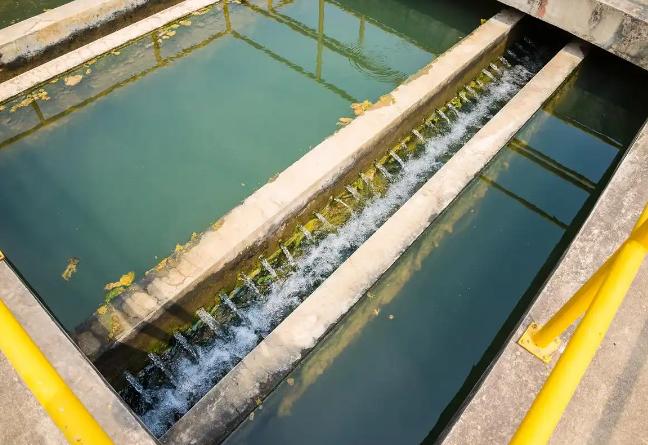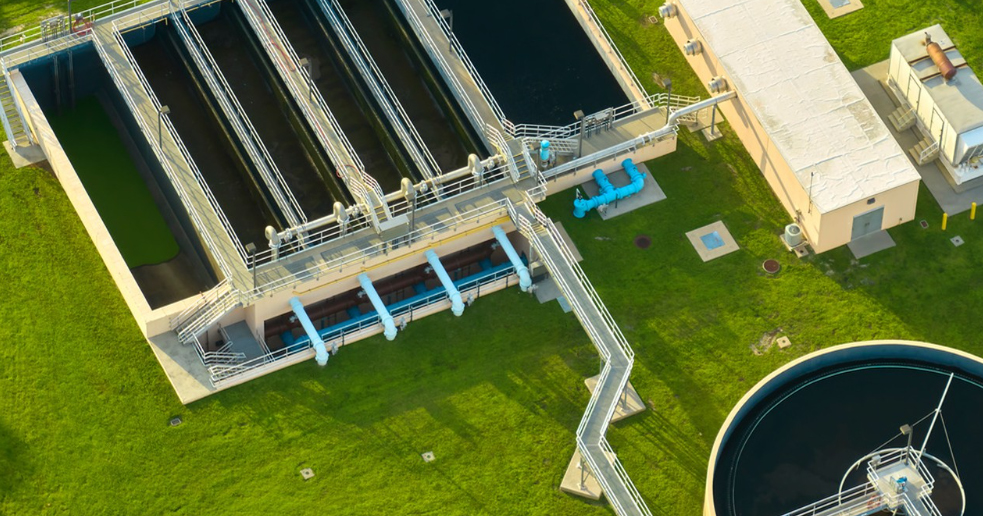In power plant water treatment systems, scale formation—caused by dissolved minerals like calcium, magnesium, and silica—poses a significant threat to heat transfer efficiency, equipment longevity, and operational safety. Scale inhibitors, also known as corrosion and scale inhibitors, are essential chemical solutions designed to prevent or mitigate these deposits, ensuring uninterrupted performance in boilers, cooling towers, and heat exchangers.
How Scale Inhibitors Work
Scale inhibitors operate through multiple mechanisms to disrupt mineral precipitation:
1.Chelation/Dispersancy: Agents like organic (e.g., ATMP, HEDP) bind to calcium and magnesium ions, preventing them from forming insoluble salts (e.g., calcium carbonate or sulfate).
2.Crystal Modification: Polymers such as polyacrylic acid alter the structure of growing scale crystals, making them loose and non-adherent, thus reducing their ability to adhere to metal surfaces.
3.Threshold Inhibition: Even at low dosages, inhibitors "block" nucleation sites, delaying scale formation beyond the typical saturation point of the water.
Types of Scale Inhibitors for Power Plants
1.Organic Phosphonates: Highly effective in high-hardness water, these inhibitors resist thermal decomposition and are ideal for boiler feedwater treatment, where temperatures often exceed 300°C. They also offer mild corrosion and scale inhibitor properties, protecting metal surfaces from both scaling and rust.
2.Polycarboxylates: Synthetic polymers like polyacrylate or maleic anhydride copolymers excel in dispersing colloidal particles and preventing silica-scale formation in cooling systems. They are non-toxic and biodegradable, aligning with environmental regulations for wastewater discharge.
3.Natural Polymer-Based Inhibitors: Derived from starch or cellulose derivatives, these eco-friendly options are gaining traction for low-corrosive environments, though they may require higher dosages compared to synthetic counterparts.
Key Benefits of Scale Inhibitors
-Energy Savings: By maintaining clean heat transfer surfaces, inhibitors reduce fuel consumption—studies show up to 15% energy loss in scaled boilers, which can be mitigated with proper scale control.
-Equipment Protection: Prevention of hard scale (e.g., calcium sulfate) extends the lifespan of pipelines, valves, and turbines, reducing costly downtime for descaling using scale remover or scale removal agent treatments.
-Operational Stability: In cooling towers, inhibitors prevent biofilm-associated scaling, improving water circulation and avoiding hot-spot formation that could lead to corrosion or system failure.

Considerations for Effective Use
-Water Quality Analysis: Tailoring inhibitor selection to specific water chemistry (pH, TDS, alkalinity) is critical. For example, silica-rich water may require a blend of polycarboxylates and organosilicones.
-Dosing Precision: Overdosing can lead to sludge formation or chemical waste, while underdosing risks scale buildup. Automated monitoring systems help maintain optimal concentrations.
-Compatibility: Inhibitors must work synergistically with other treatment chemicals (e.g., biocides, oxygen scavengers) to avoid adverse reactions that compromise performance.
Conclusion
A scale inhibitor is a cornerstone of power plant water management, balancing efficiency, equipment protection, and environmental compliance. By integrating these agents into treatment protocols, power plants can avoid the costly consequences of scale-related downtime while ensuring sustainable water use. As industries pursue greener operations, the development of high-performance, biodegradable inhibitors will further enhance their role in modern, resilient power systems.
As a professional chemicals manufacturer in the water treatment Industry, Sanmei have helped more than 5,000 plants with process solutions and helped them improve production efficiency, reduce costs, and optimize profit plans. Our main goal is to assist you in optimizing production efficiency and profitability in a sustainable way. Welcome to consult us and get a free wastewater treatment solution by filling in the form below or email to brian@san-mei.com












